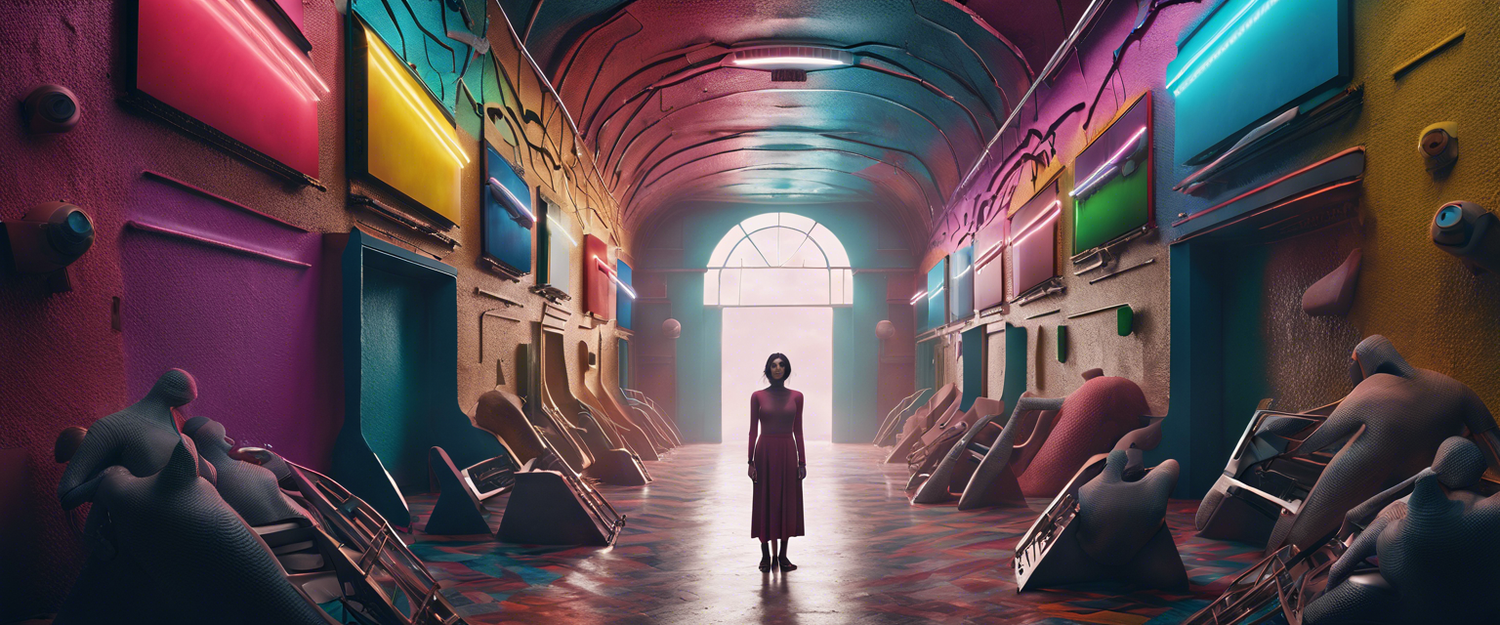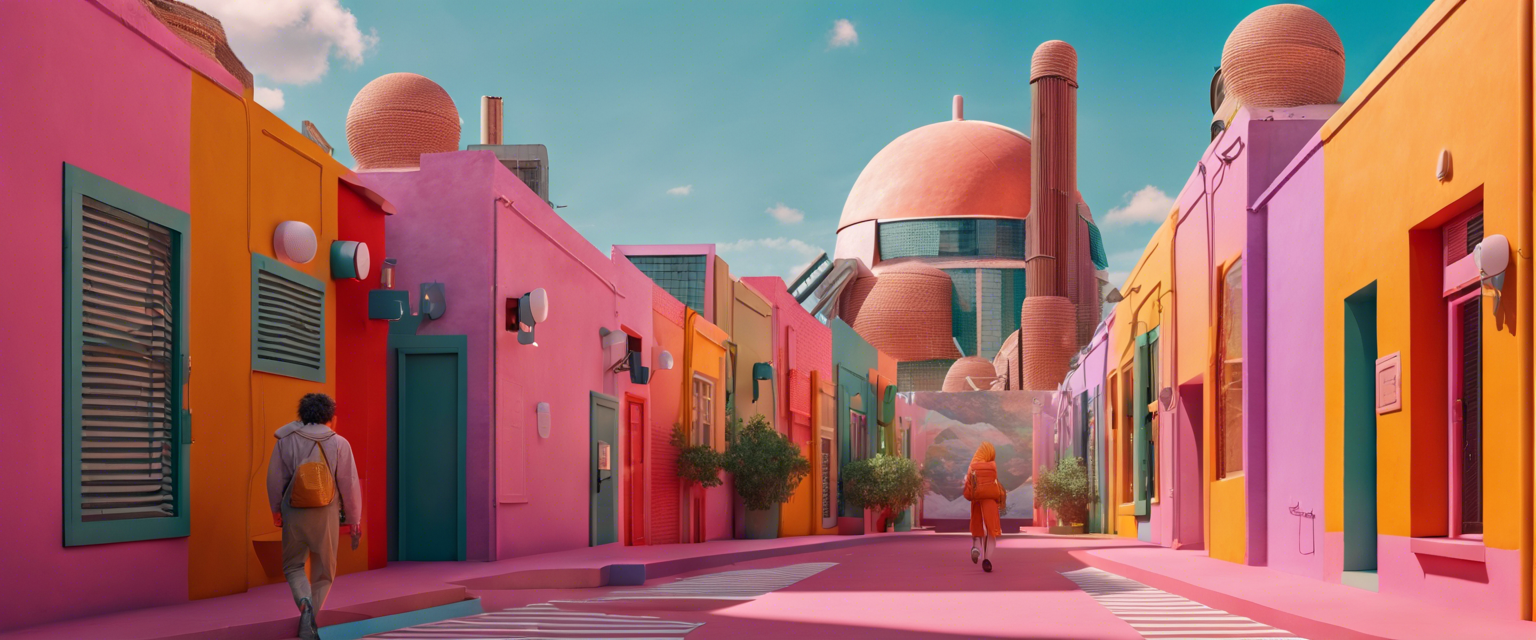Google's Revolutionary AI Photo Editing Tool: Reimagine
The world of photography is undergoing a dramatic transformation with the advent of Artificial Intelligence (AI). Google has recently made waves with the announcement of its groundbreaking AI photo editing tool, Reimagine, which is embedded in the new Pixel 9. This follows similar innovations from tech giants like Samsung and Apple, each bringing their own flavor of advanced photo manipulation to the table. In this article, we’ll dive deep into what makes Reimagine stand out and the implications of such technology.
What Is Reimagine?
Reimagine takes photo editing to a whole new level. Building on the capabilities of last year's Magic Editor, this tool allows users to select any non-human object or portion of a scene in a photograph and change it by simply typing a prompt. This feature can generate everything from vibrant wildflowers to more unsettling images, making it incredibly powerful.
The Power of AI-Generated Imagery
During extensive testing with several colleagues, we discovered that the results can indeed be uncanny. The AI typically matches the lighting, shadows, and perspective of the original photograph, demonstrating how convincingly it can create images that blend seamlessly with real-world environments.
Concerns Regarding Content Creation
However, along with the tool's creative potential comes serious ethical concerns. During our tests, we were able to generate disturbing images, including car wrecks and drug paraphernalia, simply by crafting our prompts carefully. This raises red flags about the accessibility of such technology to the average user.
Google's Response
In response to our inquiries about the ethical implications of Reimagine, Google acknowledged the challenges. According to spokesperson Alex Moriconi, "Pixel Studio and Magic Editor are designed to unleash user creativity, but we have policies in place to prevent misuse. We continue to refine our safeguards as this technology evolves.”
The Dark Side of AI-Edited Images
While tampering with images isn’t a new concept, the ease with which it can now be accomplished raises significant questions. With just a few words and moments of time, anyone can create deceptive images that could potentially mislead viewers, and this can be spread across social media platforms almost instantaneously.
The Metadata Dilemma
One of the significant issues facing AI-generated content is identifying it as such. While Google does implement a tagging system called SynthID for wholly synthetic images, those edited using Magic Editor lack clear identifiers. This could lead to the further dissemination of manipulated imagery without warning signs.
The Future of Image Verification
As AI technologies continue to advance, they will inevitably lead to more sophisticated tools for image manipulation. The lack of robust systems to detect and verify manipulated content poses a real threat to information integrity online.
Applying Skepticism to Online Photos
While it’s hopeful that users will adhere to ethical guidelines in employing tools like Reimagine, skepticism will be essential when encountering images online. It’s crucial for consumers and content creators alike to remain vigilant about the authenticity of visuals.
Conclusion
Reimagine is a testament to how far AI technology has come in the realm of photo editing. However, with great power comes great responsibility. As the lines between reality and manipulation increasingly blur, it becomes essential for society to cultivate awareness and critical thinking about digital images.
For more information on digital media ethics and best practices, explore our other articles on this topic.



Laat een reactie achter
Alle reacties worden gemodereerd voordat ze worden gepubliceerd.
Deze site wordt beschermd door hCaptcha en het privacybeleid en de servicevoorwaarden van hCaptcha zijn van toepassing.